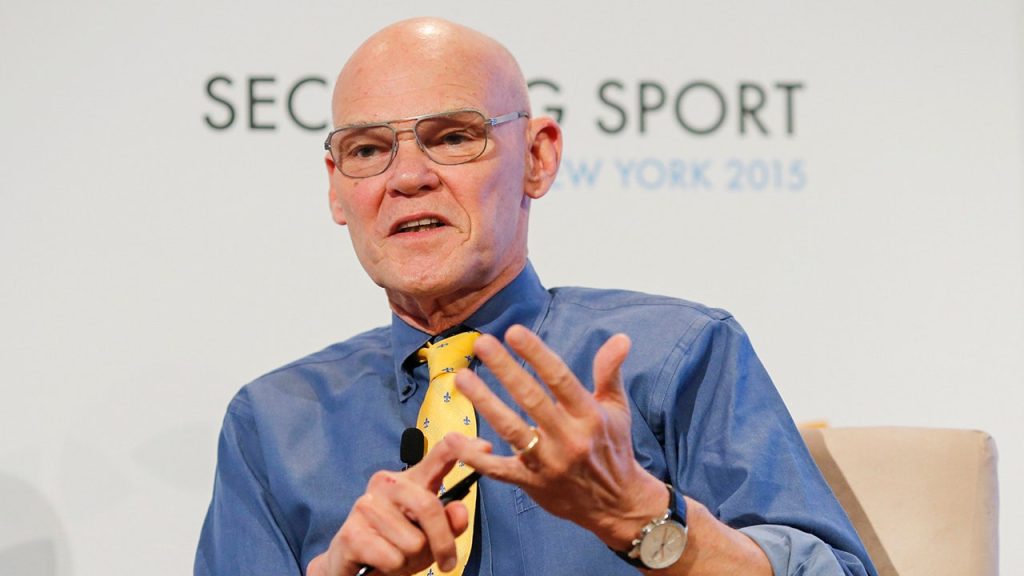Democratic strategist James Carville expressed concern about the Democratic Party’s declining support among young minority voters, particularly younger Blacks, Latinos, and people of color, on his podcast. He highlighted the alarming trend of younger voters leaving the party as the November presidential election approaches. A Gallup survey last year revealed a significant decrease in Black adults identifying as Democrats compared to Republicans, and a similar trend was observed among Hispanic voters. Carville emphasized the importance of retaining these key Democratic voting blocs, especially as President Biden’s support among Black and Hispanic voters has declined.
The USA TODAY/Suffolk University poll published in January showed a substantial drop in Biden’s support among Black voters and Hispanics compared to the numbers he had in 2020. Trump has been gaining ground among Hispanic voters, with some polls showing him leading Biden in this demographic. Carville stressed the urgency of making a compelling case to young Black and Hispanic Americans about the long-term consequences of electing Trump to a second term. He asserted that appealing to issues like job opportunities and livelihoods would be more effective in convincing these voters to support the Democratic Party.
Carville criticized what he referred to as “preachy females” within the Democratic Party, suggesting that their messaging was off-putting to male voters. He argued that issues like birth control, reproductive rights, and environmental protections should take a backseat to more pressing concerns for younger voters. Carville urged Democrats to provide strong advocacy and clarity on the stakes involved for these demographic groups in the upcoming election. He emphasized the need for a more pragmatic approach that focuses on economic opportunities and tangible benefits for young Black and Hispanic Americans.
The strategist highlighted the potential impact of failing to address the concerns and priorities of under-30 and under-35 voters, warning that vague appeals to building a better future would not suffice. He emphasized the importance of tailoring the Democratic Party’s message to resonate with the lived experiences and aspirations of young minority voters. Carville argued that Democrats must articulate a clear vision for how their policies and leadership would positively impact the job market and economic prospects for these groups. He underscored the necessity of engaging directly with these voters and addressing their immediate needs and interests.
Carville’s comments reflect broader concerns within the Democratic Party about retaining the support of key demographic groups, such as young minorities. The decline in support among Black, Hispanic, and under-35 voters presents a significant challenge for Democrats heading into the presidential election. The party must reassess its messaging and policy priorities to attract and retain these crucial voting blocs. Carville’s critique of “preachy females” and his call for a more focused, pragmatic approach underscore the need for a strategic shift within the Democratic Party to connect with and mobilize younger minority voters effectively. As the election nears, Democrats face the task of reengaging these voters and making a compelling case for why they should support the party in November.















